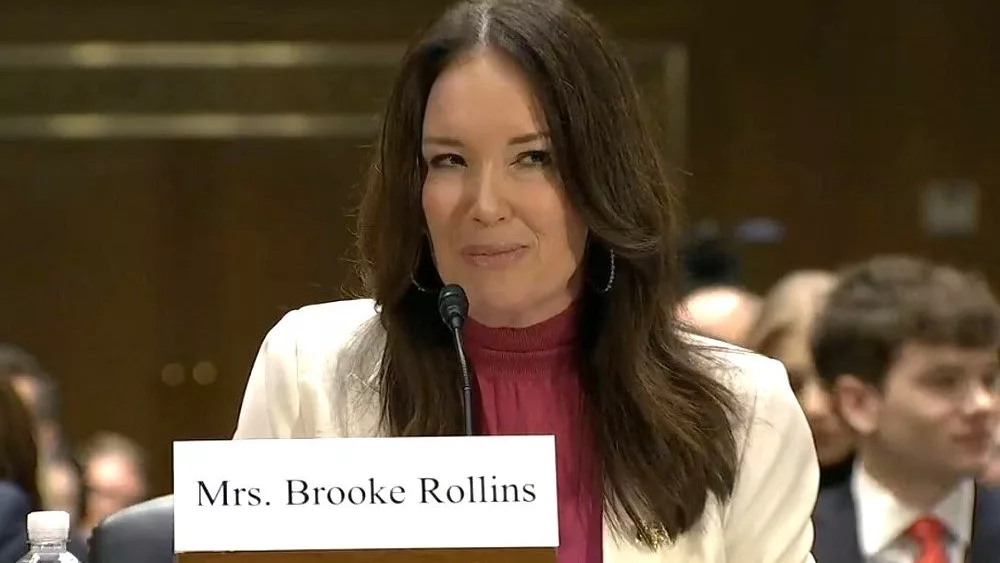 Legislation called the Next Generation Fuels Act was introduced this week in both the U.S. House and Senate. It aims to leverage higher-octane fuels to improve engine efficiency and performance.
Legislation called the Next Generation Fuels Act was introduced this week in both the U.S. House and Senate. It aims to leverage higher-octane fuels to improve engine efficiency and performance.
Allowing the sale of fuels with greater octane levels would increase the amount of ethanol that can get utilized in the fuel supply, which in turn would lower prices at the pump.
Iowa Senators Chuck Grassley and Joni Ernst introduced it in the Senate, while Illinois Representative Cheri Bustos and the entire Iowa delegation introduced it to the House.
“Unstable gas prices have left many families, and especially rural families, with a lot of budget uncertainty,” says Sen. Grassley. “This would ramp up the use of homegrown fuel at stations across the country, making Americans less reliant on foreign oil and less vulnerable to OPEC tactics.”
Sen. Ernst echoed those sentiments, noting that America should be turning to its own abundant domestic fuel production.
Some of the nation’s largest agricultural organizations applauded the introduction of the Next Generation Fuels Act in both chambers of Congress.
National Corn Growers Association President Chris Edgington says it’s a step forward for the nation’s consumers.
“In recent months, consumers have been reminded that we need choices at the pump, and the Next Generation Fuels Act would diversify our fuel supply,” says Edgington.
National Farmers Union President Rob Larew says the legislation supports usage of higher-level blends of ethanol, something NFU has long championed. “Higher level blends of ethanol are good for farmers, good for the planet, and good for American pocketbooks,” Larew says.
Geoff Cooper of the Renewable Fuels Association says, “This summer’s geopolitical instability and record-high gas prices underscore the need for an immediate energy solution for American families.”
Growth Energy CEO Emily Skor says, “It’s a clear roadmap for delivering cleaner, more affordable options to American drivers.”
Source: NAFB




